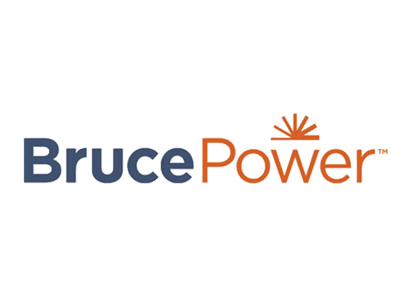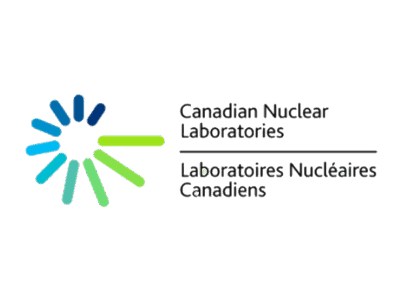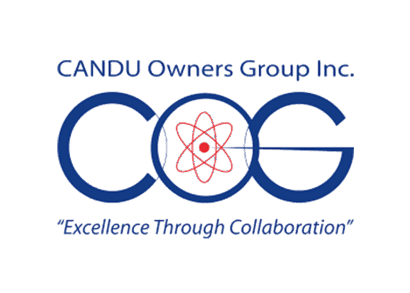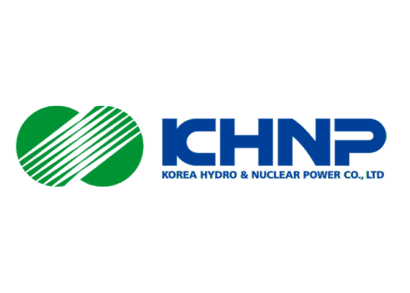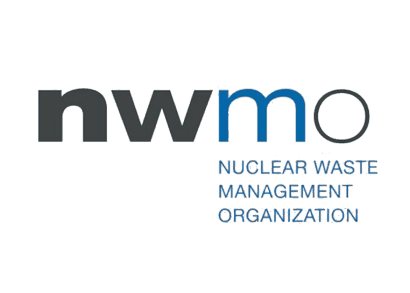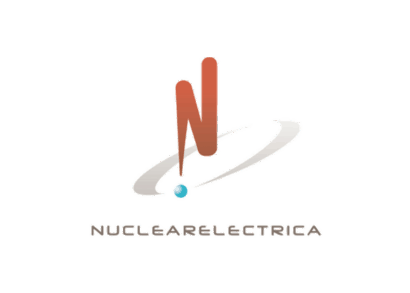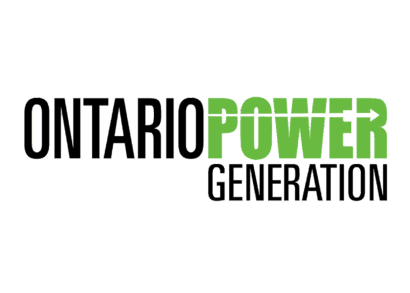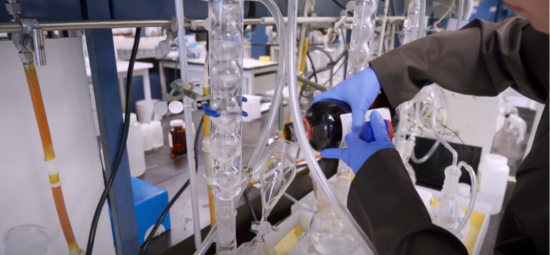Overview
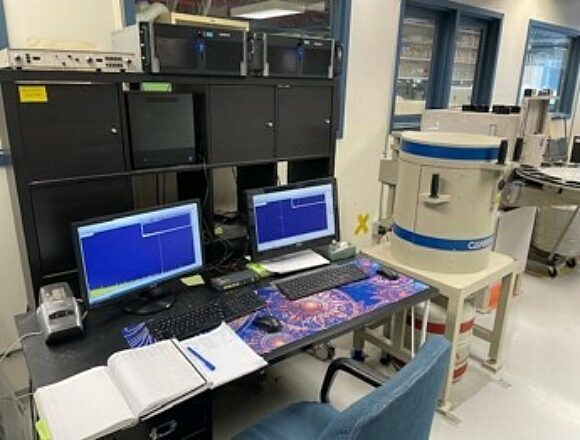
Nuclear facilities produce wastes in a variety of forms including radioactive solids, radioactive liquids, and combinations of the two. All these waste forms must be appropriately managed to achieve cost-effective and safe storage or disposal.
Establishing exactly what the waste materials are is the essential first stage of determining the optimum waste management approach. Waste characterization does this by establishing what chemical and radiological hazards are present and in what physical form.
We have a fully licensed facility capable of handling radioactive, hazardous, and mixed wastes enabling us to provide detailed, quality-assured, characterizations using alpha spectrometry, proportional flow beta counting, and proprietary methods for other isotopes.
Why Us?
-
Extensive Experience
We have been performing characterization work since the 1980s, successfully completing projects for a wide range of clients including research reactors, CANDU stations, and several international nuclear facilities.
-
Customized Characterization Programs
Specific programs are designed to meet your individual needs by reviewing methodologies, conducting gap assessments, identifying characterization priorities, and utilizing scaling factors, before undertaking the analysis.
-
Comprehensive Services
Our team can confidently advise on treatment, management, transport, and disposal options for radioactive waste. In addition, we can support difficult-to-measure (DTM) radionuclide detection and scaling factor development.
-
State-Of-The-Art Facilities
We have one of the very few privately-owned regulator-licensed laboratories that is equipped with the instruments necessary for both radiological and non-radiological analysis and characterization.
-
Developing Proprietary Techniques
Having already developed techniques for measuring Be-10, Cl-36, Zr-93, Tc-99, and I-129 in waste our radiochemists stand ready to develop techniques for other isotopes.
-
Difficult-to-Measure Radionuclide Detection
Specialist equipment allows us to analyze many difficult-to-measure isotopes and where we can't analyze we use scaling factors to establish quantities by measuring associated markers.
Technical Abilities
Difficult-to-Measure Radionuclide Detection
Our difficult-to-measure (DTM) radionuclide detection service includes:
- Scaling Factor Development
- Alpha Spectrometry: Am-241, Cm-242, Cm-244, Pu-238, Pu-239+240
- H-3, C-14, Fe-55, Ni-63, Sr-90 by LSC & proportional flow beta counting
- Special Methods Developed for Be-10, Cl-36, Zr-93, Tc-99, I-129 in Specific Waste Streams
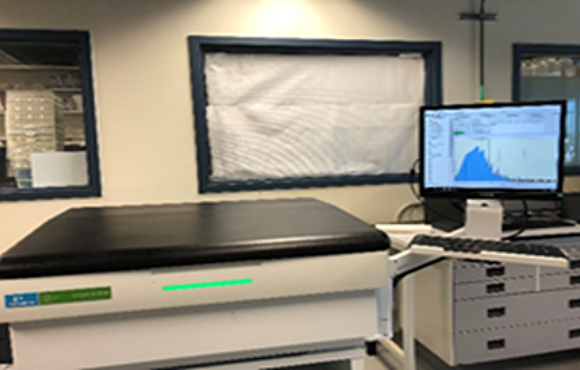
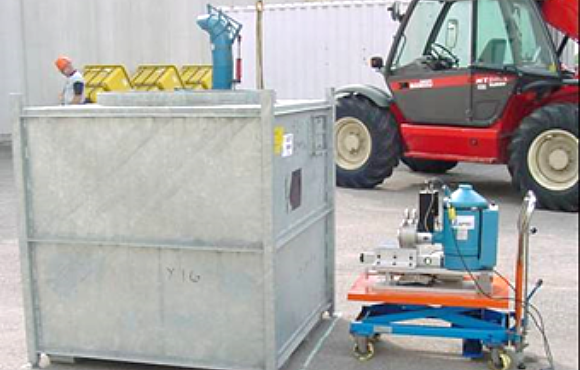

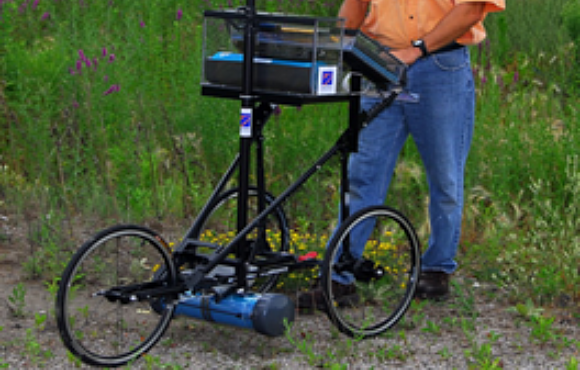
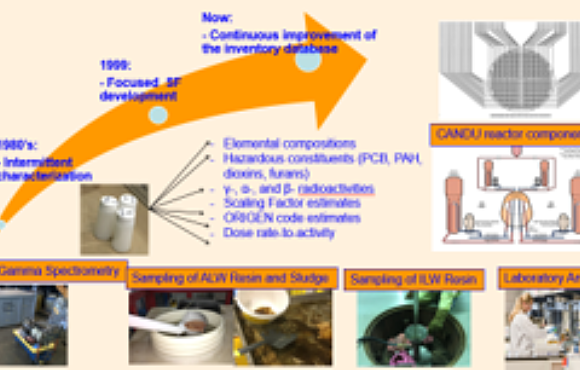
Our Proven Experience
Quality Assurance & Technical Standards
- 10CFR50 Appendix B (2021)
- Quality Assurance Criteria for Nuclear Power Plants and Fuel Reprocessing Plants
- CSA N292.8 (2021)
- Characterization of Radioactive Waste and Irradiated Fuel
- ISO 17025 (2017)
- Testing & Calibration Laboratories
- ISO 9001:2015 (2015)
- Quality management systems
- WNSL-W2-3850.01/2028
- Waste Nuclear Substance Licence







